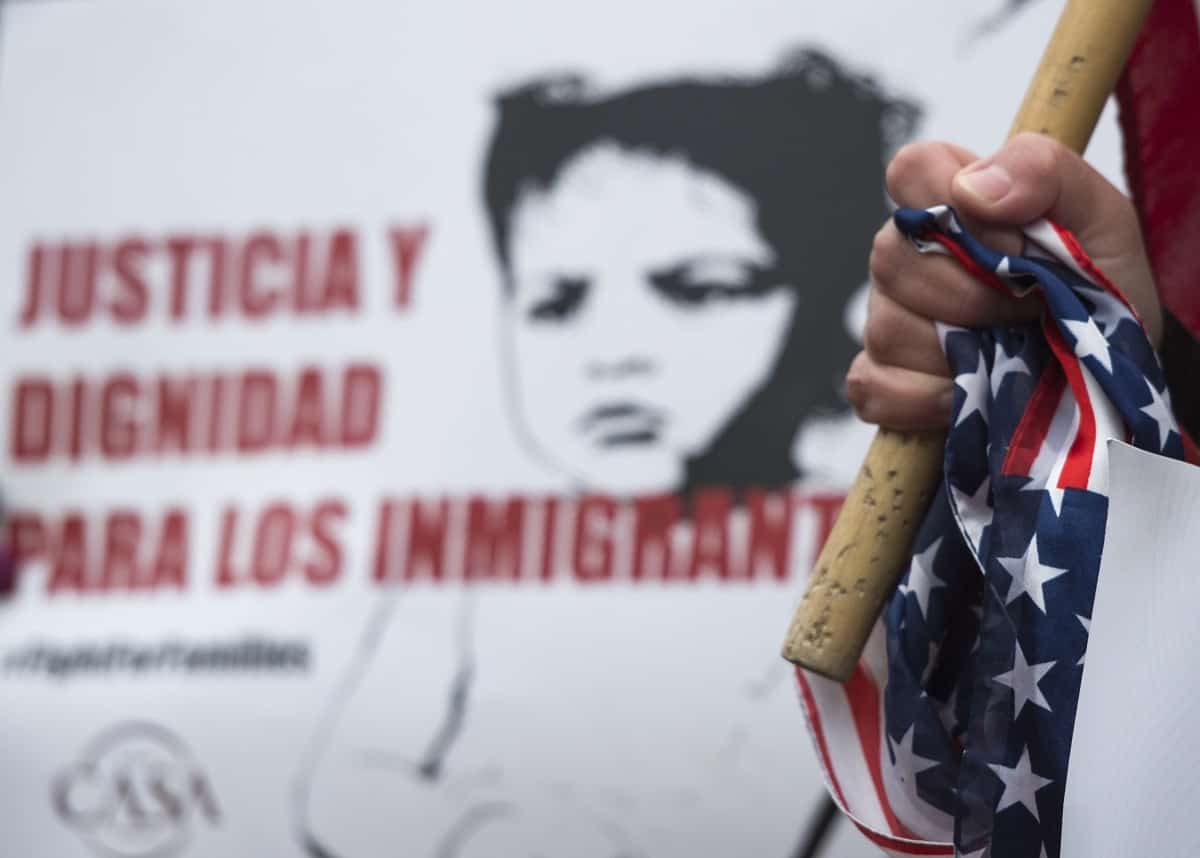WASHINGTON, DC – The U.S. government announced Monday the end of a special protected status for about 200,000 Salvadoran immigrants, a move that threatens with deportation tens of thousands of families with children born in the United States.
Homeland Security Secretary Kirstjen Nielsen announced the end of the “temporary protected status” (TPS) granted to Salvadorans already in the United States in 2001, when two major earthquakes rocked the Central American country.
They were given 18 months to leave or be deported, which officials said is enough time for a legislative solution to be crafted by Congress to allow them to stay.
“Only Congress can legislate a permanent solution addressing the lack of an enduring lawful immigration status of those currently protected by TPS,” the Department of Homeland Security announced.
Part of a broader crackdown on illegal immigration by President Donald Trump, the move comes after 59,000 longtime resident Haitians and 5,300 Nicaraguans were stripped of similar protections late last year, after having been allowed to set deep roots inside the United States for decades.
Democrats in Congress are also fighting to protect the right to stay inside the United States of 690,000 young immigrants known as “Dreamers,” people who arrived in the country as children.
Trump has said he will back a compromise on the Dreamers if Congress budgets $18 billion to build a wall along the border with Mexico.
The government of Canada indicated it wants to “make sure we’re ready” for a potential influx of Salvadorans, in an effort to prevent the kind of massive flooding of the border that took place after the U.S. ended protections for Haitians.






